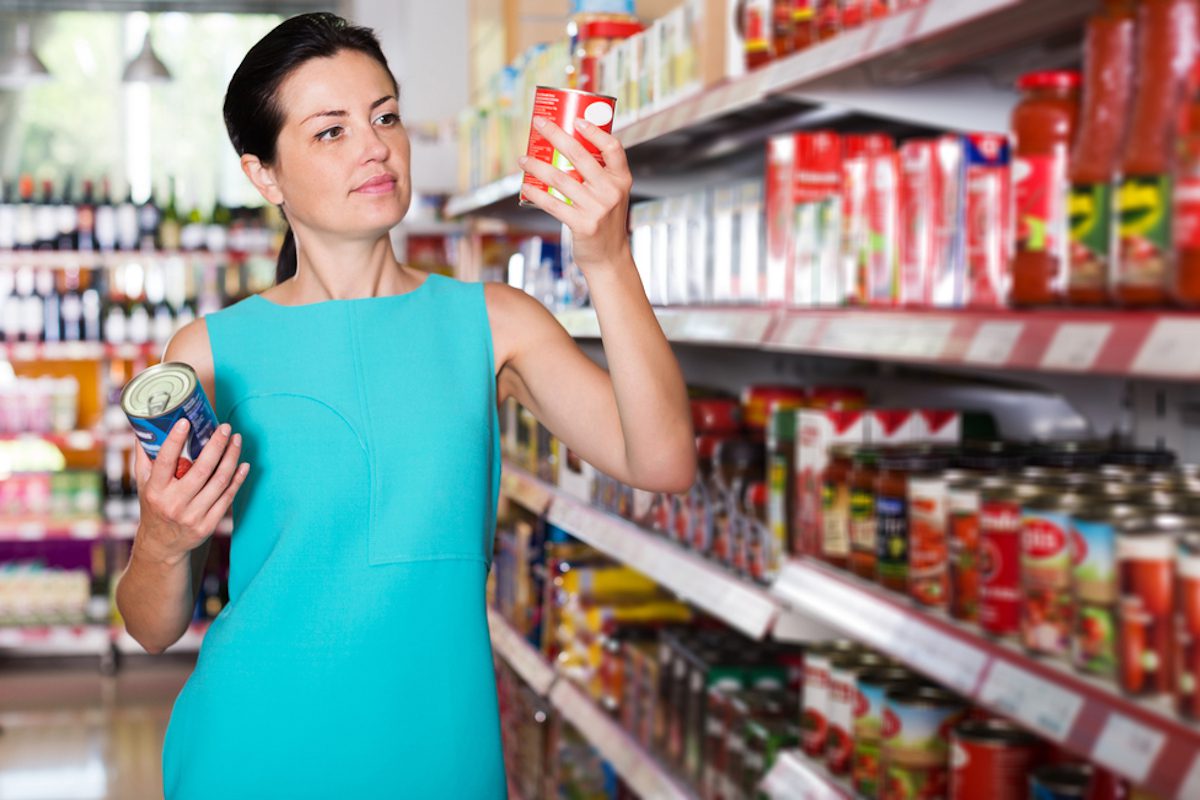
Packaging data specialist, ecoveritas, has called on the print and packaging sectors to take ‘a more targeted and action-led’ approach to sustainability, following the publishing of the Competition and Markets Authority (CMA) Green Claims Code.
The guideline document, intended to tackle the ongoing problem of ‘greenwashing’, sets out to provide new consumer protections from misleading environmental claims and to level the sustainability playing field for businesses.
The Green Claims Code covers both B2B and B2C environmental claims and provides a list of what seem to be clearly defined principles that sustainability claims in marketing efforts and on-pack must adhere to in order to be lawful.
David Harding-Brown, CEO of ecoveritas, commented: “The new Green Claims Code backs up a lot of what we tell our customers in the packaging sector and it’s fantastic that this is now becoming legislation. He said he believed that “the code will simply make it easier for brands and manufacturers to communicate effectively and accurately.”
“The CMA Guidelines are right on the money when they say sustainability needs to be more than skin deep, the term itself has lost any impact or punch. Through years of vague claims and potentially misleading information on environmental impact, we’ve created a lot of cynical consumers – and they’re right to question what is being told to them. This is why we’re such a passionate advocate of data-driven sustainability. We help brands, retailers and their supply chains better meet the needs of today’s consumer by making sustainability more measurable and demonstrable. Of course, when it’s measurable, it can be controlled, monitored, and turned into tangible change.”
The business believes that by tackling the challenge of greenwashing head on, the Green Claims Code represents the next significant step change in wider UK industry, not least for the packaging sector. Partnering with retailers, manufacturers and their supply chains, ecoveritas provides support on every element of sustainability regulation and compliance, including the UK Plastic Packaging Tax, EU Plastic Levy and Extended Producer Responsibility (EPR). The experienced team expects that the Green Claims Code will get brands thinking more strategically about CSR, as well as how these efforts are communicated to the buying public.
Harding-Brown added: “Today’s consumer isn’t content with umbrella terms and vague claims – in fact it’s harming us all as an industry and creating confusion and mistrust. The Green Claims Code, like our own services at ecoveritas, is designed to move environmental conversations forward and change marketing buzz into a real force for good. Our way of achieving this is taking an inward look through better use of data, using independent audit and analysis to benchmark success. It’s a way to put figures and values onto sustainable packaging and give consumers a clearer picture of what that brand or retailer is doing to support environmental protection through sustainability.”







